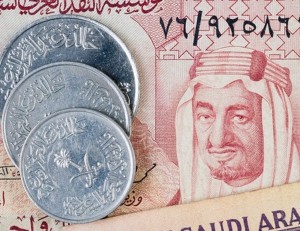Libya's government will post a budget deficit of $10 billion this year as it struggles to pay public workers' salaries and meet energy costs, the head of the country's National Transitional Council (NTC) said in remarks published on Thursday.
Mustafa Abdel Jalil told French daily newspaper Le Figaro the country had still only recovered a fraction of the $100 billion in assets frozen overseas during the country's bitter civil war.
"The production of oil has brought in $4 billion in the last five months, while the salaries of civil servants are $22 billion a year and spending on electricity and fuel $14 billion," Abdel Jalil said. "The budget being prepared should be in deficit of $10 billion."
Restoring oil and gas production in the OPEC member state is key to rebuilding the country and reviving the economy after an eight-month civil war, the International Monetary Fund said on Monday, warning the government's finances remained "precarious."
The country's central bank governor, Saddeq Omar Elkaber, said on January 19 the government 2012's budget would register a 7 billion dinar deficit and that the lifting of U.N. sanctions on the central bank's assets had unfrozen 95 percent of its $100 billion in assets.
"Only $6 billion has been repatriated," Abdel Jalil said. "We're still working to recover the rest."
Abdel Jalil said that local councils were putting together organisational structures and once they were in place money would be injected to pay civil servants. He said that process should be completed by February 17.
The NTC, the body which won NATO backing to oust Muammar Gaddafi last year, is now struggling to restore services and impose order on myriad armed groups.
Militias have carved up the capital Tripoli and the rest of the country into competing fiefdoms, each holding out for the share of power they say they are owed.
Abdel Jalil said that it would be easier to amalgamate militias into the police and national army once more revenues entered the state coffers.
"Within two months we think we will have incorporated 60-70 percent of the revolutionaries," he said.
(Source: Reuters)





